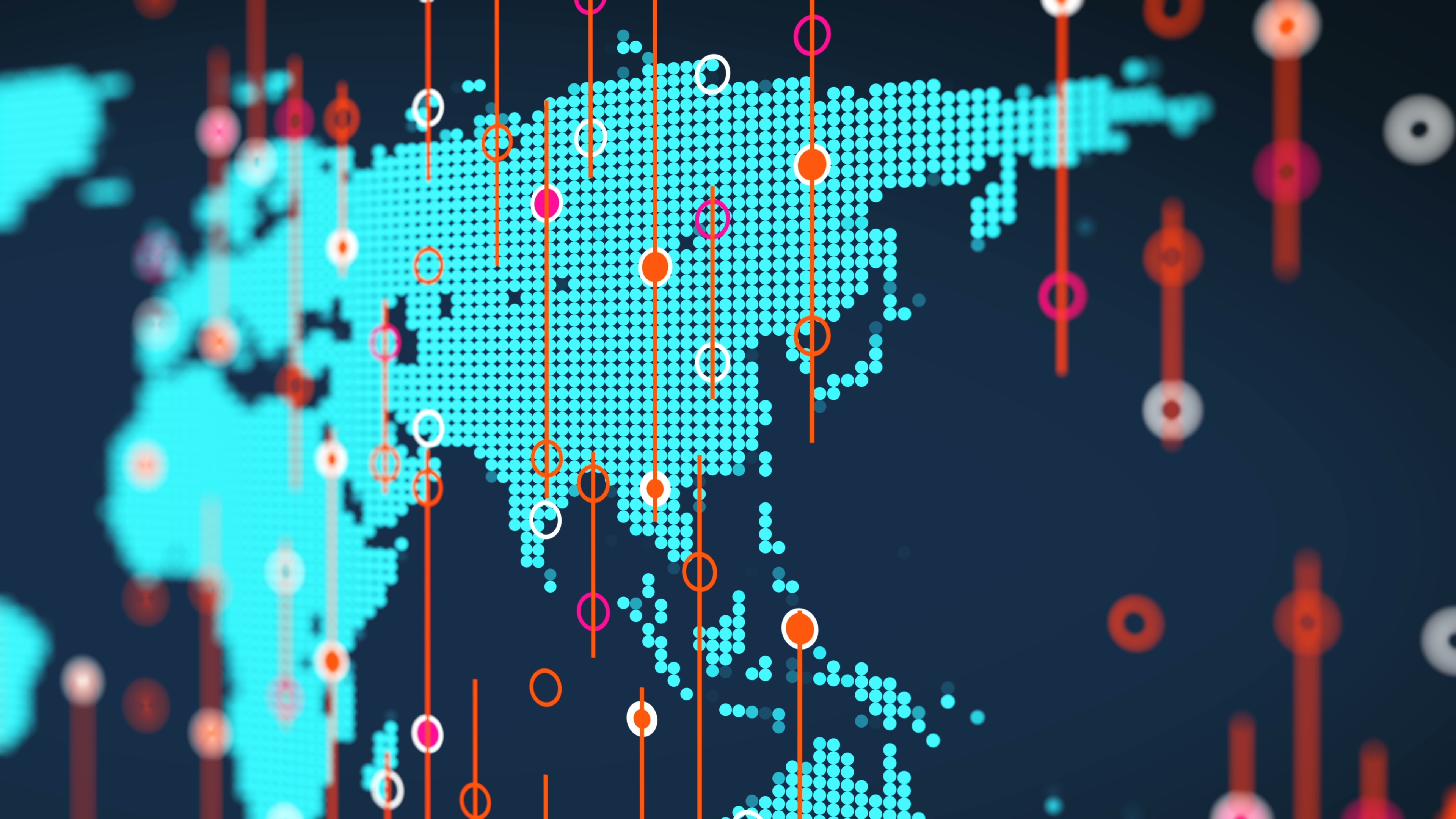
The IOE&IT Daily Update brings together all the recent trade news from south-east Asia.
The week began with the promise of a free trade deal between South Korea and the UK, as the countries signed the Downing Street Accord, creating stronger trade ties between the two.
Aside from constructive talks between US president Joe Biden and Chinese president Xi Jinping at the Asia-Pacific Economic Cooperation (APEC), the San Francisco meeting yielded other trade news.
WTO reform
A joint statement released by the 21 members at the end of the summit called for changes to the World Trade Organization (WTO).
In particular, the statement called for reform of the dispute settlement system so that it is accessible to all 164 members.
This was agreed to in principle at the WTO’s 12th Ministerial Conference in 2022 in light of the appellate body’s three-year hiatus. The body, which is responsible for judging member trade disputes has been inactive since 2020 after the US refused to agree on the appointment of new judges.
Politico reports strong words from Singaporean prime minister Lee Hsien Loong, who said the body “remains paralysed”.
IPEF inertia
The US’ increasing desire to regulate big tech companies saw the watering down of the Indo-Pacific Economic Framework initiative (IPEF), which would have guaranteed greater data flows between APEC nations.
A letter sent to Biden from US lawmakers earlier this month cited the influence of Silicon Valley lobbyists as a cause for concern and characterised IPEF’s cross-border data proposals as an attempt to create “an unregulated digital sphere shaped by dominant platforms”.
The FT noted similarities between the digital provisions in the IPEF and those available under the Comprehensive and Progressive Agreement for Trans-Pacific Partnership (CPTPP), from which the US withdrew under former president Donald Trump.
CPTPP sidebar
Reuters reports that CPTPP delegates met in San Francisco during the summit – the first time representatives from all member countries assembled following the UK’s accession in July.
In a joint statement, member states announced they were eager for others to join, providing they “meet the high standards of the agreement and have a demonstrated pattern of complying with trade commitments”.
South China Sea tensions
From San Francisco to the South China Sea, recent weeks have seen novel developments amid ongoing territorial tensions.
An incident has threatened the rebuilding of the Australian-Chinese diplomatic and trade relationship, following talks between China’s president Xi and Australian prime minister Anthony Albanese, which saw the reestablishment of trade relations and warmer diplomatic ties.
Australian divers attempting to remove fishing nets from the propellors of a navy ship sustained “minor injuries” when a Chinese destroyer emitted sonar pulses, the Independent reported.
The action was taken despite warnings from the Australian naval vessel.
The Australian government released a statement expressing concern about the destroyer’s conduct, calling it “unsafe and unprofessional”.
Chinese defence spokesman Wu Qian characterising the criticism as “reckless and irresponsible accusations”.
The incident follows Philippines colonel Medel Aguilar claiming China is trying to “bully” smaller nations into submission over territorial disputes in the Sea, the Guardian reports.
The accusations come after several months of Chinese ships obstructing attempts by Filipino ships to resupply the warship BRP Sierra Madre.
The vessel has been stationed by the Spratly Islands since 1999 – territory the Philippines claims a right to occupy in defiance of Chinese expansion attempts.
Despite asserting that China’s actions violate international law, Aguilar sought to emphasise the simmering tensions had not affected good relations between the two nations over trade.
Beijing has today said that the Philippines has “enlisted foreign forces” to patrol the sea, in reference to US military presence in the area.
Ramen boom
South Korea has seen impressive growth in the ramen exports, with figures for the first half of 2023 topping US$446m, an increase of 16.4% on the previous year.
Asian American website NextShark attributes the boom to global appreciation for South Korean culture, noting that a member of K-pop phenomenon BTS became a spokesperson for an instant noodle brand last year, and cinematic culture has gained wider audiences in the US and Europe with the success of films like Parasite and Everything Everywhere All at Once.
The Guardian came to a different conclusion, aligning the popularity boost to a global economic slump and cost-of-living crises experience around the world.
A spokesperson from Japanese giant Nissin Foods, which proclaims itself the ‘pinnacle of noodledom’, reported that middle-class consumers who had never previously eaten instant noodles were making them a shopping staple.
Other experts said manufacturers’ commitment to adapting the product for different culinary tastes across global markets has enabled the product to reach supermarket shelves worldwide.



